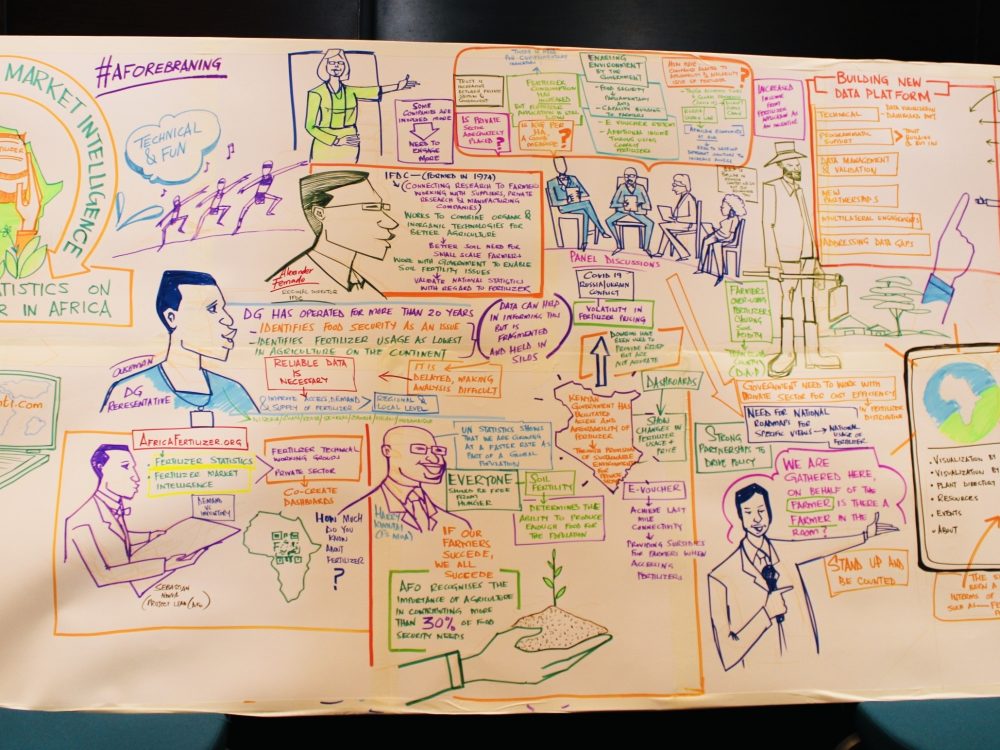Open China Data is a Disruptive Gateway Drug
On Monday, AidData released the largest Open Data cache of Chinese development finance in Africa. The Chinese Development Finance in Africa database contains nearly 1,700 official finance projects in 50 African countries, totaling over $70 billion in reported financial commitments. A stunning achievement considering that China does not regularly participate in existing information reporting systems, such as the OECD’s Creditor Reporting System, the International Aid Transparency Initiative, and country-specific Aid Management Platforms.
AidData used a media-based data collection methodology it developed, which helps synthesize and standardize vast amount of project-specific information contained in thousands of English and Chinese language media reports. A new Center for Global Development (CGD) report, China’s Development Finance to Africa: A Media-Based Approach to Data Collection, describes the development and application of the methodology, which was be released in conjunction with the database.
However, releasing such a massive “treasure trove” of data does not always please the more traditional gatekeepers and interpreters of proprietary or opaque data sets.
Open Data is Disruptive
In an experience common to all of us in the Open Data community, once AidData opened the data, people found errors in it. This is both normal, expected, and useful. The whole reason to go Open Data is to invite critique and improve the underlying data set.
In addition, critics quickly used those errors to question the value of the entire data set, the methodology used to make it, and the resulting analysis. To quote Deborah Brautigam:
“The [AidData] authors are striving for a database that can be replicated by anyone. But that’s the problem. This is not research that can be done by just anyone, and especially not by only looking at media reports. That’s why two teams — both lightly criticized by the AidData authors — have produced better results: Derek Scissors and Kevin Gallagher, Amos Irwin, and Katherine Koleski. Their methodologies are eclectic, but they know that there is no substitute for painstaking, informed, expert, bi-lingual investigative research and digging into the cases.”
Now read that quote above, substituting “Wikipedia” for AidData, and you can see that this argument is like so many others made by individuals who find the openness of data threatening to the status quo. Other critics in other disciplines will repeat this refrain as Open Data continues to create constructive disruptions.
Open Data is a Gateway Drug
What is both more disruptive and more promising is where Open Data takes us. Now that AidData has opened up this data set, journalists, researchers, policymakers, development practitioners, and the general public will dig into it, finding locally relevant information that will set whole new conversations in motion.
Open Data is in fact the “gateway drug” to a more open government, a foundation upon which to build practical approaches to involving citizens more actively in their own government.
For example, the Government of Malawi maintains a database of all incoming aid flows and lists only two Chinese-funded projects. AidData’s methodology uncovered an additional 14 Chinese projects over the same time period, worth an extra $163 million. As such, the methodology and database helps paint a clearer picture of the development finance landscape in the region and will stimulate new discussions between citizens and their government about when, how, and why Chinese aid projects occur in their country.
Open Data is Open
AidData’s Chinese Development Finance database is not perfect. It was published with an expressed request to help improve the data. So rather than bemoan its errors, or dismiss its very existence, we welcome experts sharing their knowledge about specific Chinese development finance activities to help improve the accuracy, scope and depth of the database for the benefit of us all.
Share This Post
Related from our library

Building a Sustainable Cashew Sector in West Africa Through Data and Collaboration
Cashew-IN project came to an end in August 2024 after four years of working with government agencies, producers, traders, processors, and development partners in the five implementing countries to co-create an online tool aimed to inform, support, promote, and strengthen Africa’s cashew industry. This blog outlines some of the key project highlights, including some of the challenges we faced, lessons learned, success stories, and identified opportunities for a more competitive cashew sector in West Africa.

Digital Transformation for Public Value: Development Gateway’s Insights from Agriculture & Open Contracting
In today’s fast-evolving world, governments and public organizations are under more pressure than ever before to deliver efficient, transparent services that align with public expectations. In this blog, we delve into the key concepts behind digital transformation and how it can enhance public value by promoting transparency, informing policy, and supporting evidence-based decision-making.

From Data Gaps to Impact: Key Insights from the VIFAA Program
Over the last six years, DG, together with its partners AfricaFertilizer (AFO) and Wallace & Associates, collaborated to implement the Visualizing Insights on Fertilizer for African Agriculture (VIFAA) Program. In the program’s final year (2024), the team undertook a “program learning process” to reflect on outcomes, challenges, and successes through internal interviews. This blog captures five key learnings, which we hope will guide similar programs aiming to bridge data gaps in agricultural development.